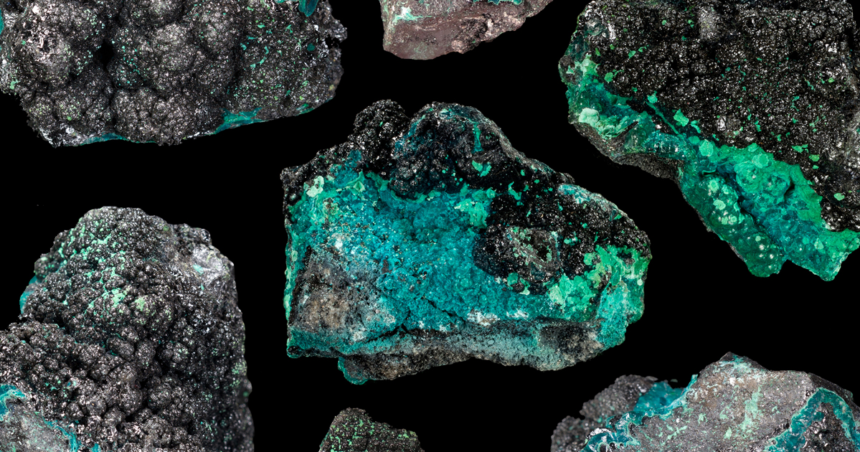The silvery blue metal is used in the production of lithium-ion batteries, which power everything from automobiles to e-cigarettes. It’s also toxic, and it’s mined in the Congo, where thousands of workers are subjected to “subhuman” working conditions.
Introduction
Cobalt, a silvery-blue metal, has become an indispensable component of modern technology, particularly in the production of lithium-ion batteries that power a range of devices, from electric vehicles to smartphones. However, the demand for cobalt has given rise to a complex and controversial supply chain, notably in the Democratic Republic of Congo (DRC), where thousands of workers endure hazardous conditions. This article explores the dual nature of cobalt—essential for technological advancement yet entangled in ethical and environmental dilemmas.
ALSO READ : Psychedelic Mushrooms And Santa Intriguing Connection : Unraveling The Mysterious Bond With These Fungi
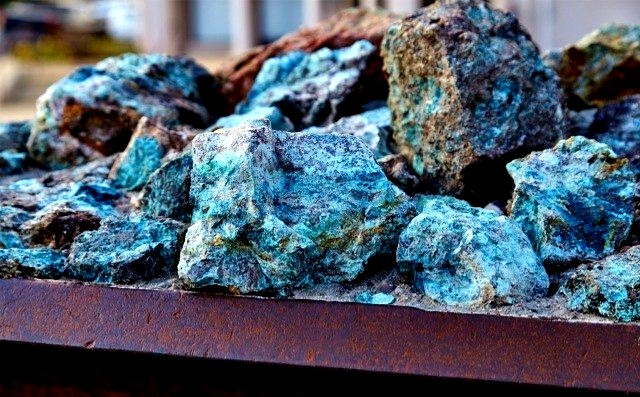
The role of cobalt in technology
Cobalt’s unique properties make it a crucial element in lithium-ion batteries, enabling them to store substantial energy efficiently. These batteries, present in electric vehicles, computers, and smartphones, are integral to our daily lives. As the global shift towards renewable energy accelerates, the demand for cobalt is projected to quadruple by 2030, mainly driven by the widespread adoption of electric vehicles.
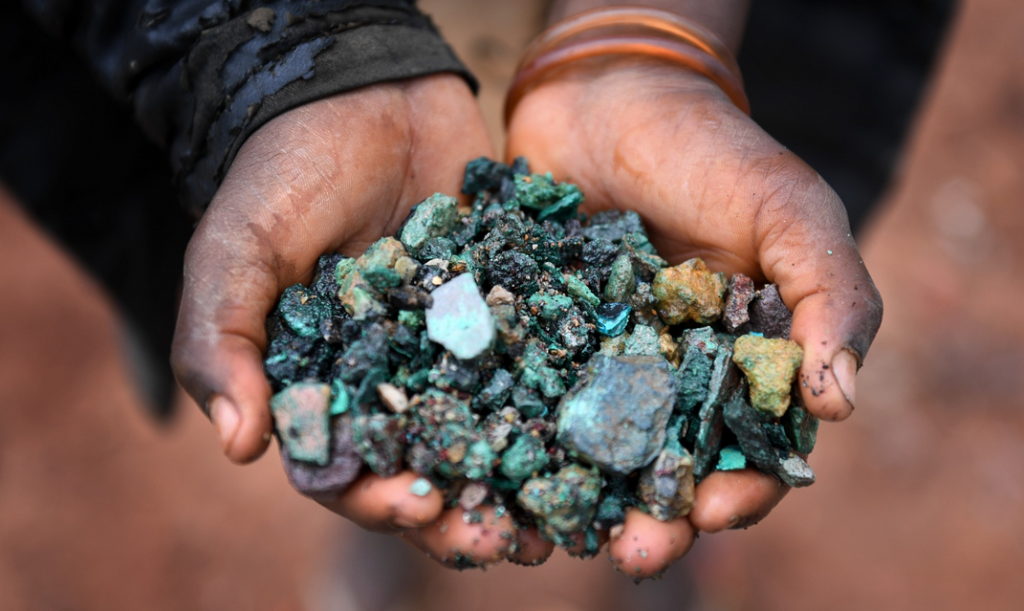
Cobalt’s dark side : Humanitarian concerns in the DRC
More than 70 percent of the world’s cobalt is sourced from mines in the DRC, where artisanal mines, characterized by subhuman conditions and low wages, contribute to the production. The cobalt rush has led to environmental degradation, contamination of water and soil, and untold human suffering. Research in Kasulo, an urban neighborhood in Kolwezi, revealed alarming levels of cobalt in children’s urine, raising concerns about long-term health effects due to exposure to airborne cobalt and uranium during the mining process.
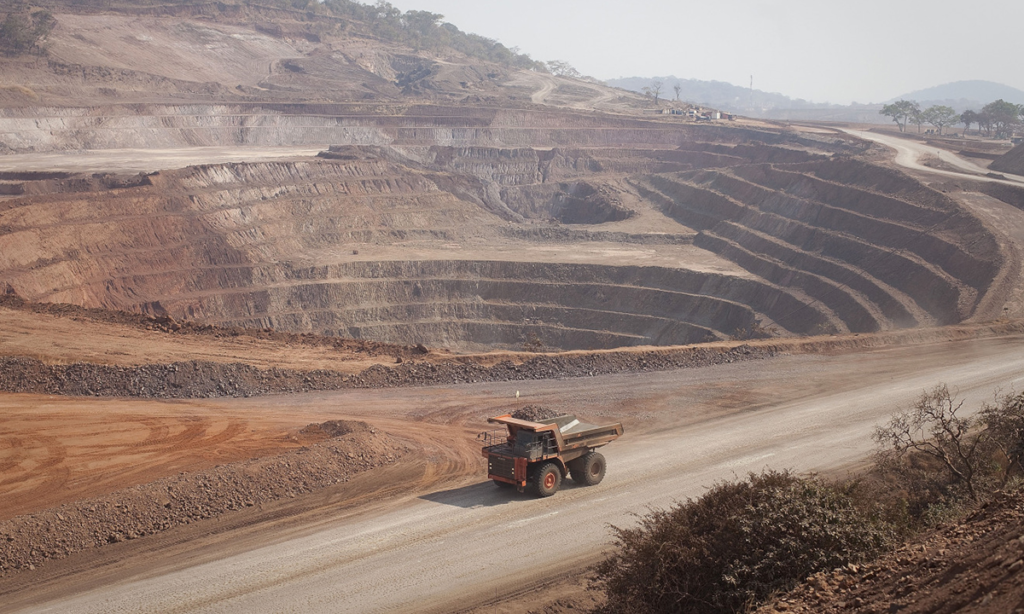
Corporate responses and environmental initiatives
In response to these concerns, major companies like Apple and Tesla have pledged to reduce their reliance on cobalt or source it from more responsible producers. Automaker BMW, for instance, has diversified its sources to Morocco and Australia. Tesla, while reducing its average use significantly, continues to secure substantial amounts from the DRC, raising questions about the sustainability of such practices.
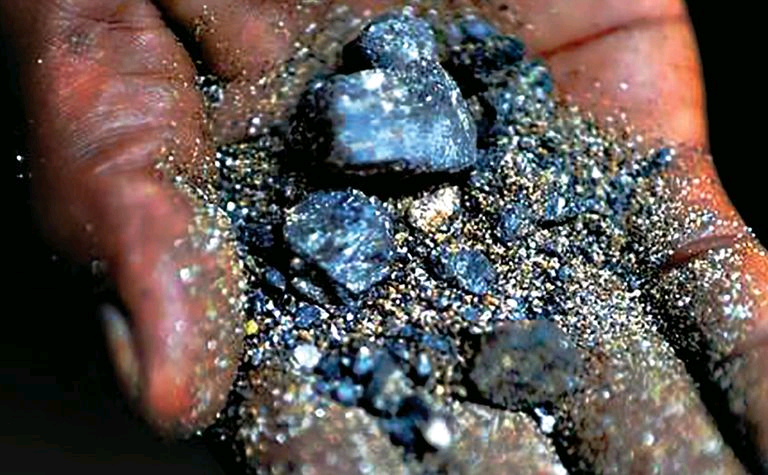
Recycling as a sustainable solution
To address the environmental impact of mining, companies like Redwood Materials focus on recycling spent lithium-ion batteries. By breaking down these batteries and extracting valuable metals like cobalt, these initiatives aim to decrease global reliance on mining, reduce electronic waste, and lower costs for consumers. Redwood Materials estimates that, by 2025, they will produce enough recycled materials for one million electric vehicles annually.
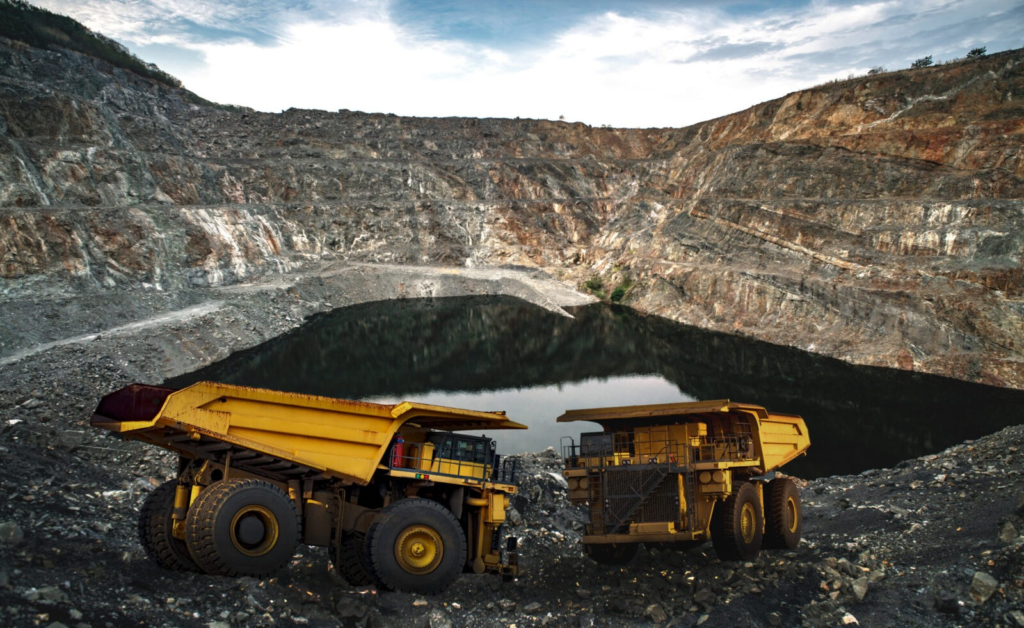
Domestic mining and indigenous concerns in the U.S.
To secure a domestic supply of rare Earth minerals, including cobalt, the U.S. has increased its mining operations, aligning with a national strategy for renewable energy and zero-emission vehicles. However, the proximity of these mines to Native American reservations raises concerns about potential encroachment on Indigenous lands. Striking a balance between renewable energy goals and protecting Indigenous communities, legal experts advocate for stricter policies that consider sacred sites and ensure tribal leaders have a say in mining projects.
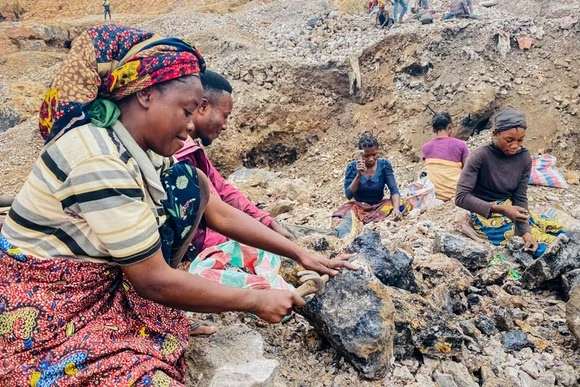
Lisa Benjamin, an associate professor of law, emphasizes the importance of balancing the renewable energy revolution with the well-being of communities living near mining sites. Stricter policies and tribal involvement, she argues, are essential to prevent harm to Native communities and ensure a sustainable transition to renewable energy.
Conclusion
Cobalt’s vital role in advancing technology and achieving sustainability goals is undeniable. However, its controversial supply chain, particularly in the DRC, poses significant ethical and environmental challenges. As the world strives for a cleaner, greener future, the responsible sourcing, recycling, and ethical mining of this metal must be at the forefront of our efforts to power progress without compromising the well-being of communities and the planet.
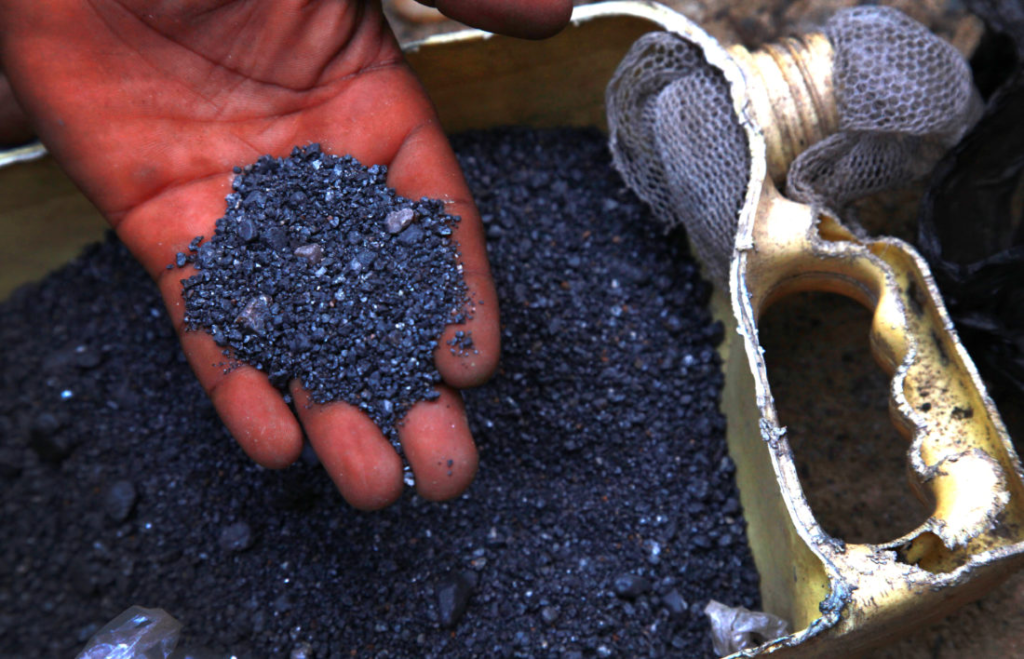
To explore more news : Click Here
ALSO READ : Takshila University : A Glimpse Into Takshila University’s Rich History







